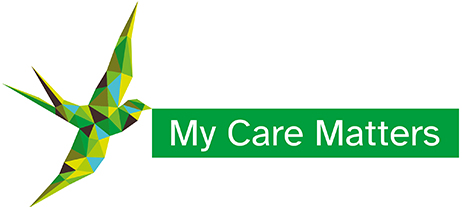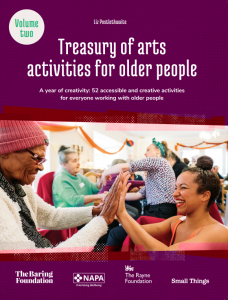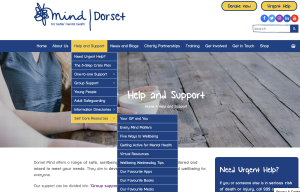No products in the basket.

Why should care homes join John’s Campaign?
by Julia Jones, co-founder of John’s Campaign
It’s a perfectly reasonable question – John’s Campaign started as a campaign for carer access to people with dementia in the acute hospital sector. My friend Nicci Gerrard’s father, Dr John Gerrard, had been living well with Alzheimer’s for almost ten years when he was admitted to hospital to have treatment for his leg ulcers. It was a hospital with old-fashioned restricted visiting hours, which were further curtailed by a noro-virus outbreak elsewhere in the hospital and a knee-jerk “no visitors” restriction. He went in, “strong, mobile, smiling, able to tell stories about his past, to work in his garden and help with things round the house”. No one realised how his family support had helped him maintain these abilities. So no-one challenged the visiting restriction. No-one in the hospital though it odd that Dr Gerrard was simply lying in bed, passive, bewildered, almost certainly in a dangerous state of hypo-delirium because no-one in the hospital knew that he wasn’t always like that. They didn’t realise he could have been enjoying poetry or a game of chess. There were no rehabilitation beds available so they decided to keep him in hospital for longer.
Five weeks later Nicci and her family got their father home: “skeletal, incontinent, immobile, incoherent.” He barely knew those around him and required 24 hour care for the rest of his life. “Would we have left one of our children un-visited in hospital for 5 weeks?” Nicci and I asked one another. And so, after Dr Gerrard’s death in November 2014, John’s Campaign was born, insisting that the family carers of people with dementia should be welcome in hospital at any time. Not just allowed but welcomed, 24/7 if necessary. Family carers (whether or not they are actually “family”) have a wealth of knowledge to share on behalf of the person who is no longer able to communicate reliably for him or herself. They are an essential part of that person’s team.
Superficially the situation in residential care feels quite different. Very often someone is moving into a home because they can no longer manage in the community, even with the help of their family. Family may be exhausted, despairing, guilt-wracked. Perhaps it seems kind to wave them away “Don’t worry, we’ll take it from here. You go home and take a break. We’ll let you know how s/he gets on.”
Alternatively you could think that families and friends are needed more than ever – but they are needed differently. They are needed to share information about the new resident, they are needed to maintain his or her sense of self-worth, to reassure them that they are still loved, they have not been abandoned. They are needed to bring “familiarity” to these strange surroundings. And, ideally, the shared responsibility with the care home can offer family members a chance to rediscover quality in a relationship that may have been damaged by illness, stress and tiredness.
I can imagine a care home manager sighing with exasperation at this point. “All this is true but we can’t MAKE the families come. There’s nothing stopping them but they just don’t bother!”
That’s a very good reason to join John’s Campaign. Be part of a national movement, put a certificate in the hall, write a letter to your families, and tell them that you’ve done this thing because they matter, you need them, their relative needs them, they need to stay part of the team. Families are the “third force” in residential care.
You can only join John’s Campaign if you know you welcome families at any time (with all sensible security arrangements, obviously). Then pledge your welcome in 50 words or less either by using the John’s Campaign pledge page or by emailing julia-jones@talk21.com . You’ll be added to the Observer newspaper national list and to the interactive map on our website www.johnscampaign.org.uk







